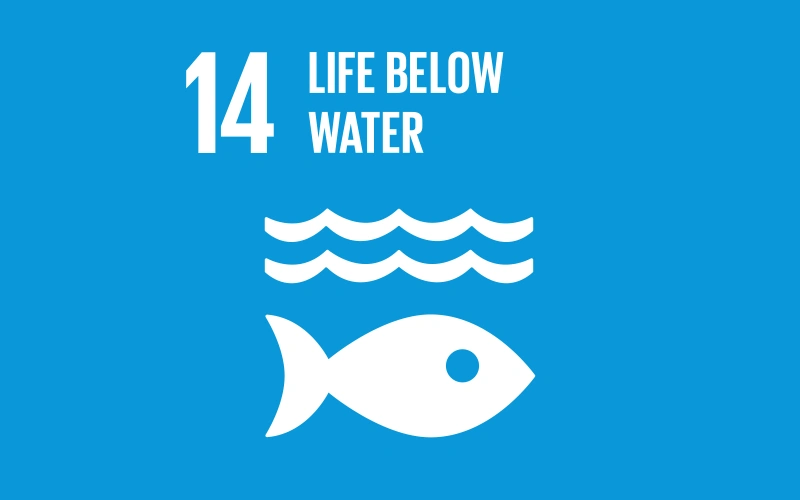Healthy oceans are vital for the survival of our planet. Covering over 70% of the Earth’s surface, they provide us with food, energy, and water. Yet, we have inflicted significant damage on these precious ecosystems. It is imperative that we take immediate action to protect our oceans by eliminating pollution, curbing overfishing, and responsibly managing and safeguarding all marine life.
The Targets
Everyone can contribute to achieving the Global Goals.
Let us explore the ten targets designed to conserve and sustainably use the oceans:
-
- Target 14.1: Reduce Marine Pollution: By 2025, prevent and significantly reduce marine pollution from all sources, particularly land-based activities, including marine debris and nutrient pollution.
- Target 14.2: Protect and Restore Ecosystems: By 2020, sustainably manage and protect marine and coastal ecosystems to avoid significant adverse impacts. This includes strengthening their resilience and taking action to restore their health and productivity.
- Target 14.3: Reduce Ocean Acidification: Minimise and address the impacts of ocean acidification, including through enhanced scientific cooperation at all levels.
- Target 14.4: Sustainable Fishing: By 2020, effectively regulate fishing practices, ending overfishing, illegal, unreported, and unregulated fishing, and destructive fishing methods. Implement science-based management plans to restore fish stocks to levels that can produce maximum sustainable yields, determined by their biological characteristics.
- Target 14.5: Conserve Coastal And Marine Areas: By 2020, conserve at least 10% of coastal and marine areas, consistent with national and international law and based on the best available scientific information.
- Target 14.6: End Subsidies Contributing To Overfishing: By 2020, ban specific fisheries subsidies that lead to overcapacity and overfishing, eliminate subsidies that support illegal, unreported, and unregulated fishing, and avoid introducing any new such subsidies. Ensure that appropriate and effective special and differential treatment for developing and least developed countries is a core element of the World Trade Organisation’s fisheries subsidies negotiations.
- Target 14.7: Increase The Economic Benefits From Sustainable Use Of Marine Resources: By 2030, increase the economic benefits to small island developing states and least developed countries from the sustainable use of marine resources, including through sustainable management of fisheries, aquaculture, and tourism.
- Target 14.A: Increase Scientific Knowledge, Research And Technology For Ocean Health: Expand scientific understanding, build research capacity, and facilitate the transfer of marine technology in line with the Intergovernmental Oceanographic Commission Criteria and Guidelines. This aims to improve ocean health and strengthen the role of marine biodiversity in supporting the development of developing nations, especially small island developing states and least developed countries.
- Target 14.B: Support Small Scale Fishers: Provide access for small-scale artisanal fishers to marine resources and markets.
- Target 14.C: Implement And Enforce International Sea Law: Promote the conservation and sustainable use of oceans and their resources by upholding international law as outlined in the United Nations Convention on the Law of the Sea. This convention serves as the legal foundation for protecting and sustainably managing ocean resources, as emphasised in paragraph 158 of “The Future We Want”.
Things You Can Do
-
- Support a Goal 14 charity: Every contribution, no matter how small, can make a difference!
- Reduce plastic consumption: Minimise plastic waste by avoiding single-use plastics, such as bottled water, and choosing reusable alternatives.
- Raise awareness about marine pollution: Organise or participate in campaigns to raise awareness about the impact of plastic pollution on marine life.
- Support sustainable seafood choices: Choose seafood from sustainable sources and avoid overfished species.
- Participate in coastal clean ups: Join community efforts to clean up beaches and coastal areas.
- Support local fisheries: Buy seafood from local, sustainable fisheries whenever possible.
- Stay informed: Follow local news and stay connected with the Global Goals online or on social media at @TheGlobalGoals.
By taking these steps, we can all contribute to the conservation and sustainable use of our oceans and ensure a healthy marine environment for generations to come.

